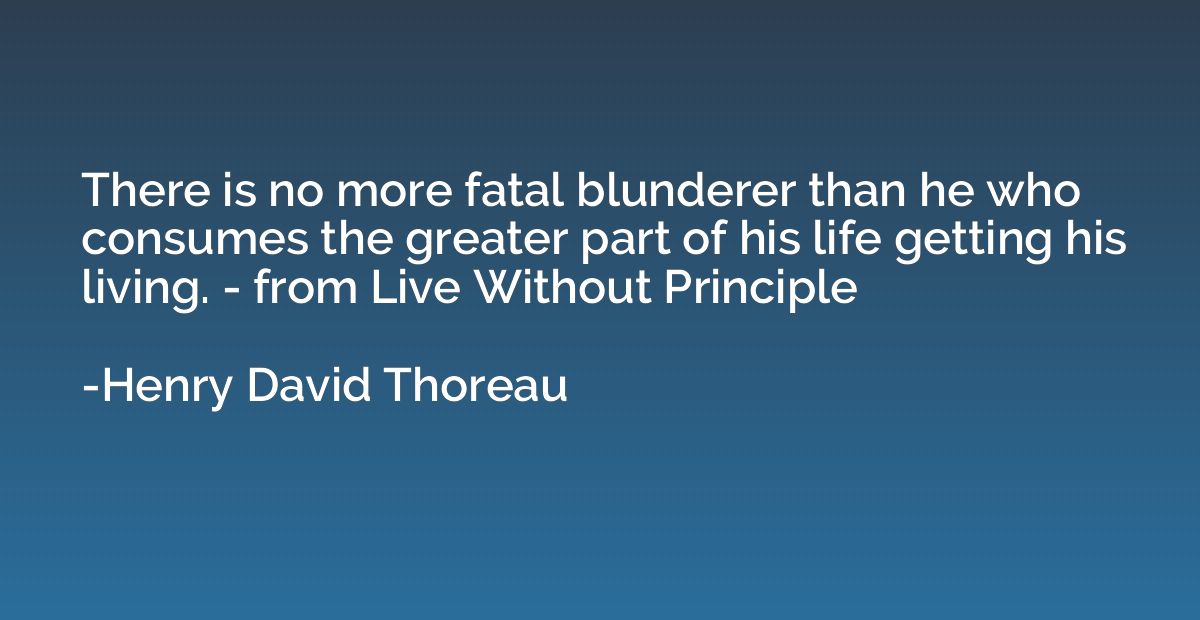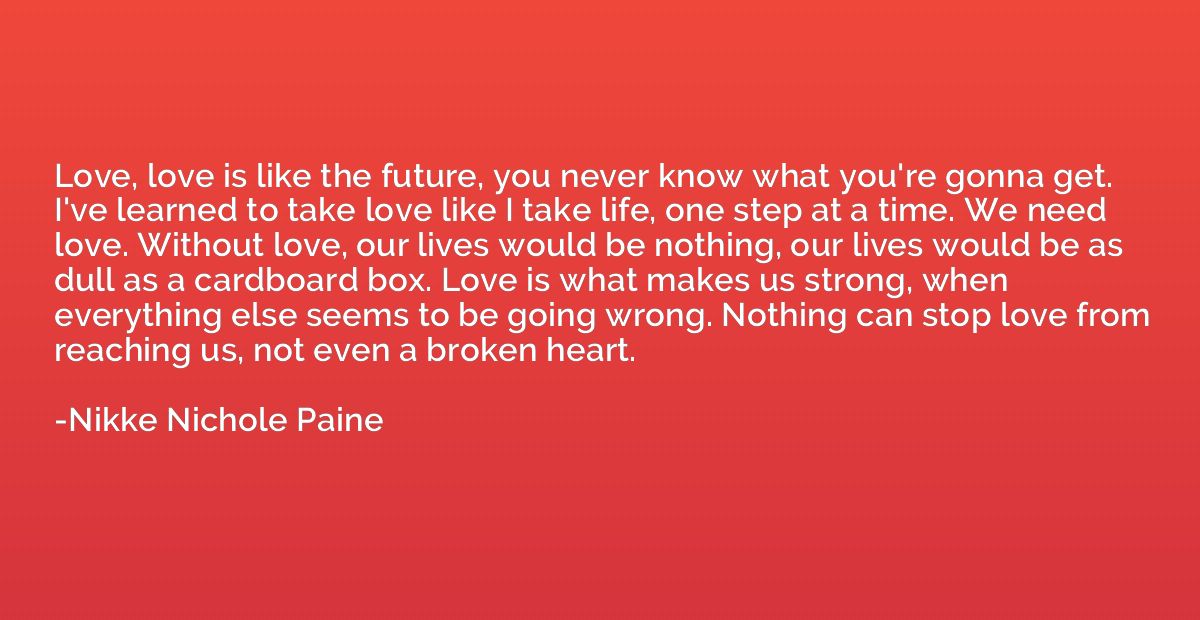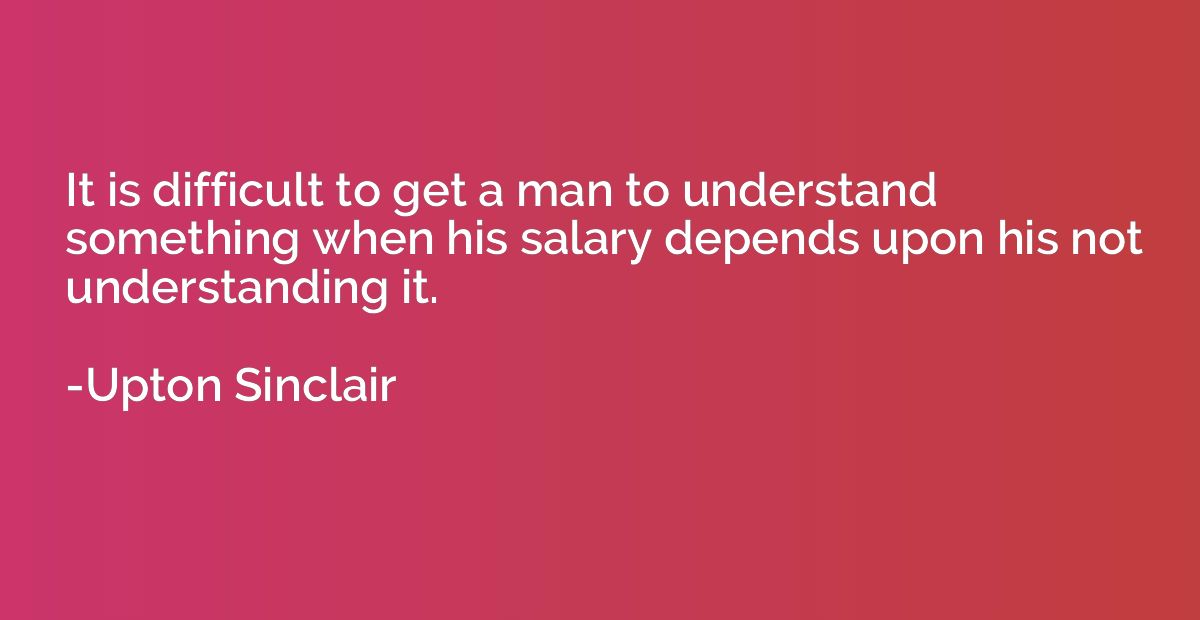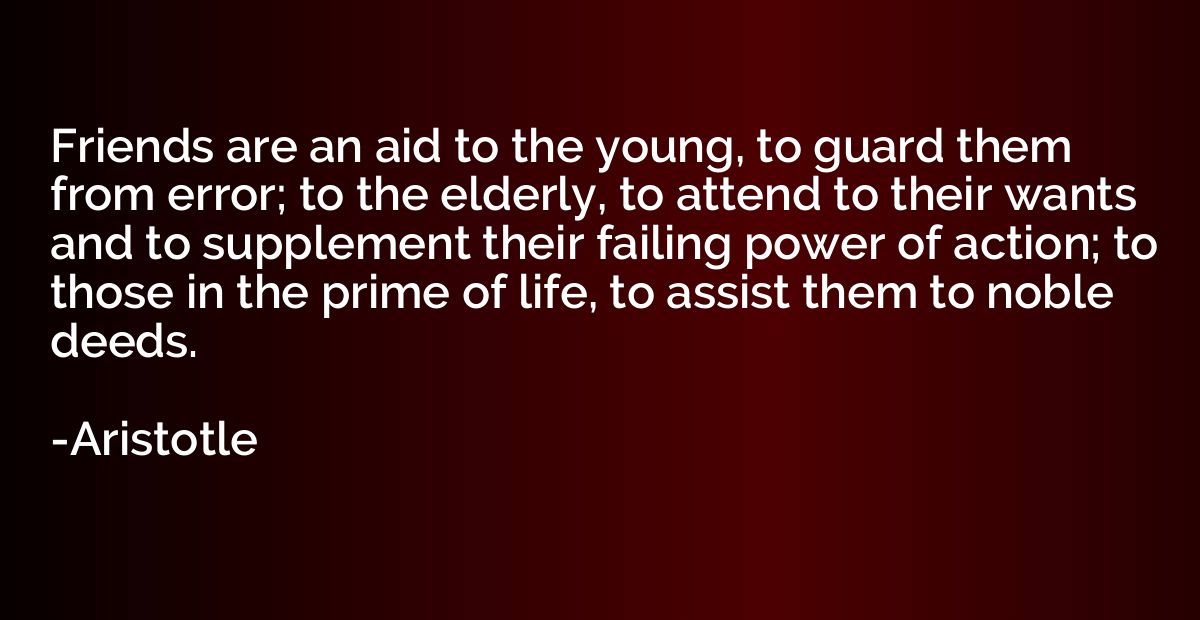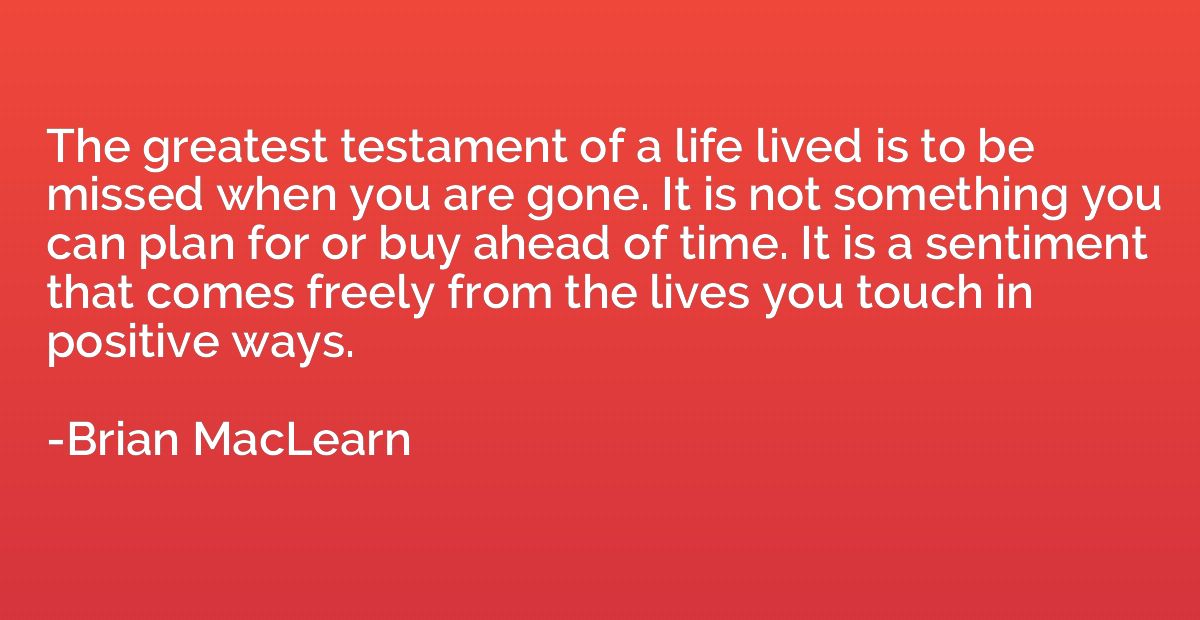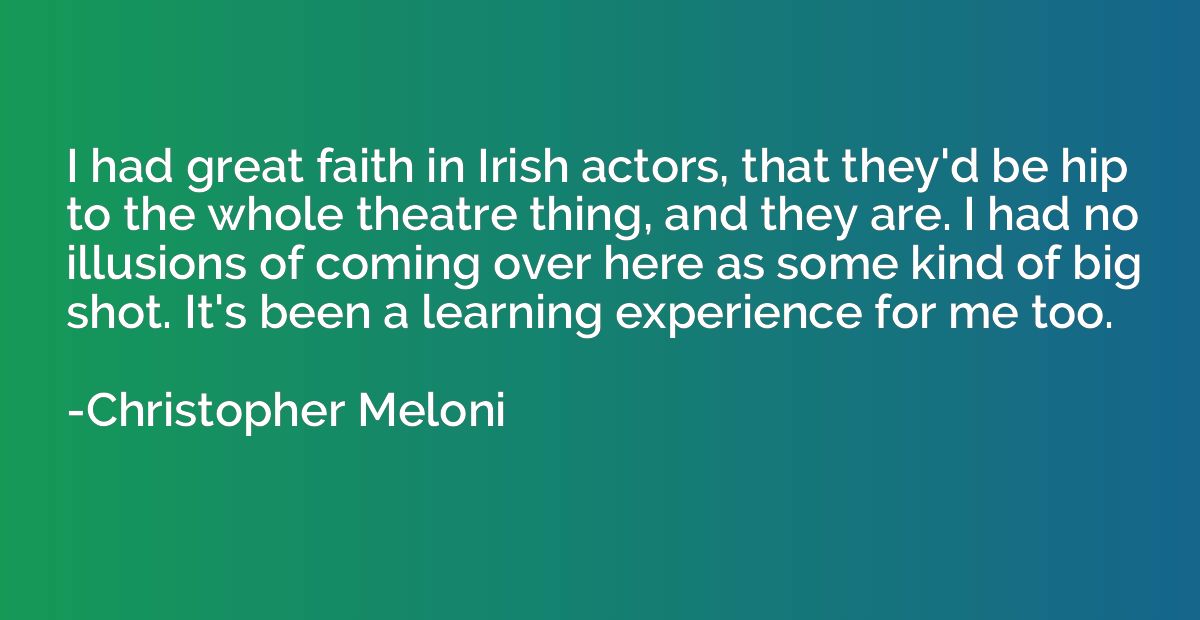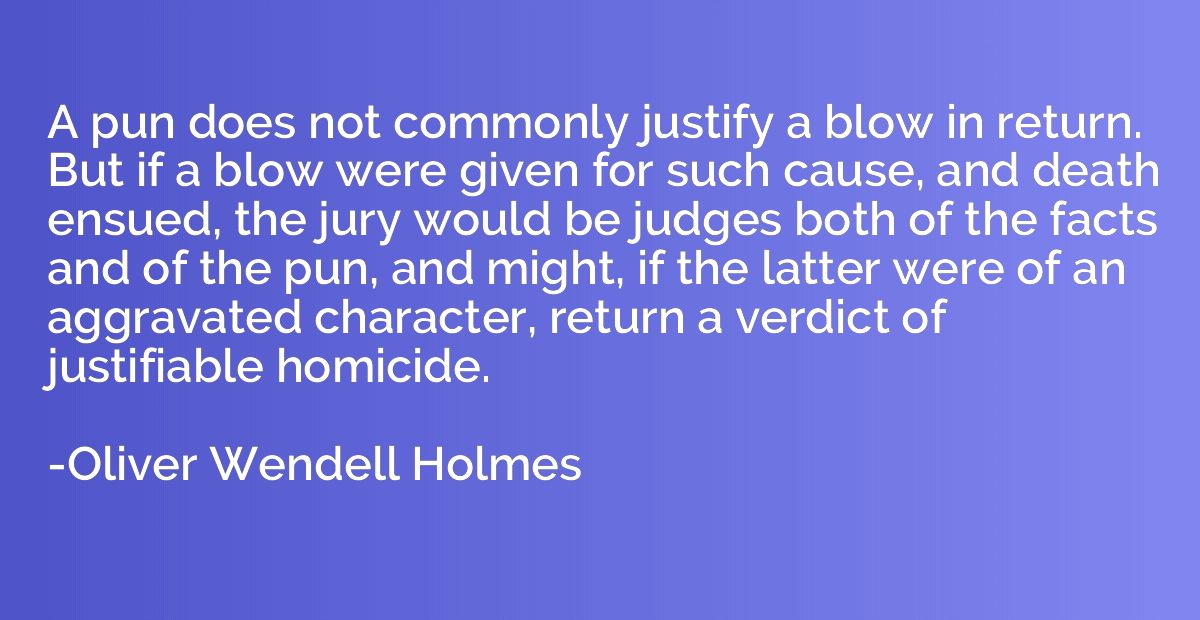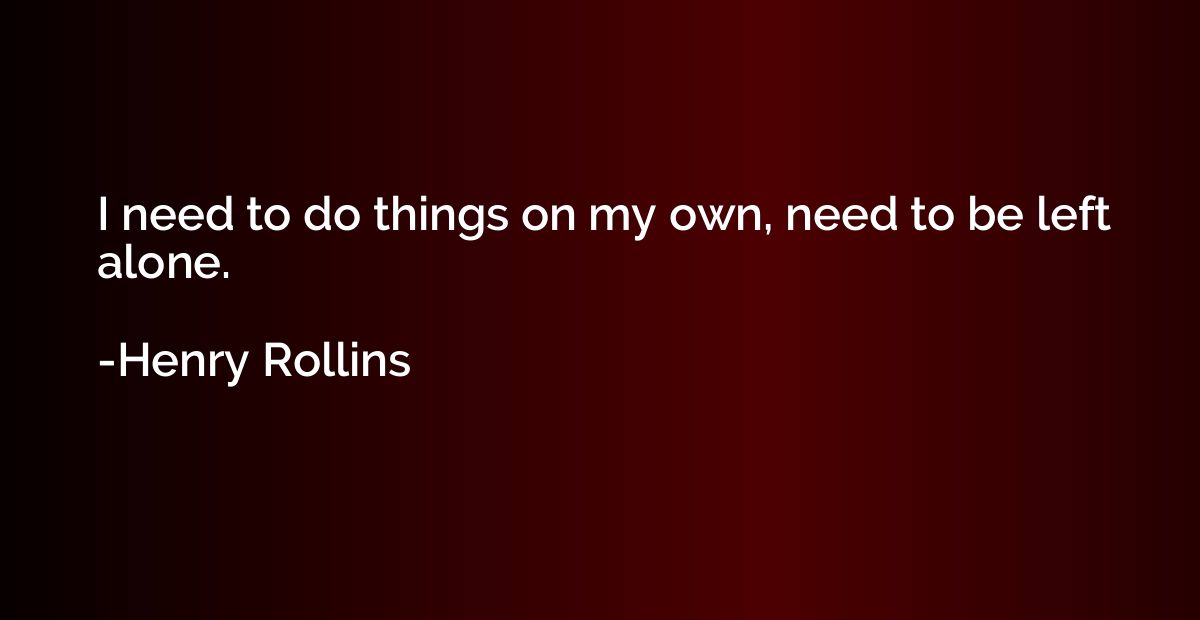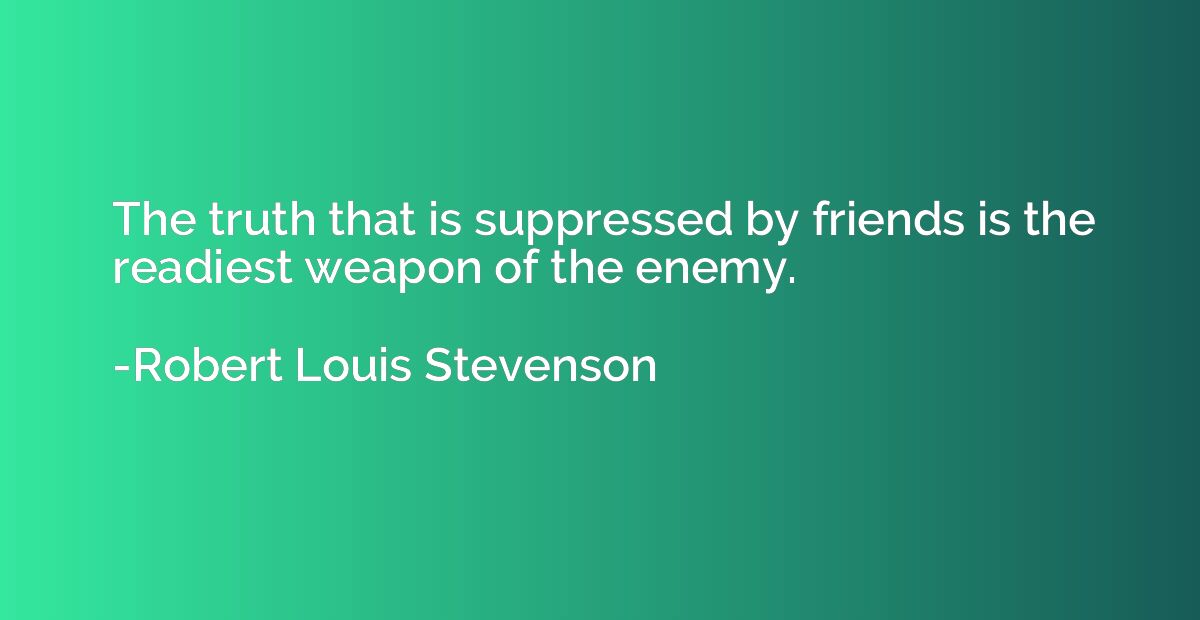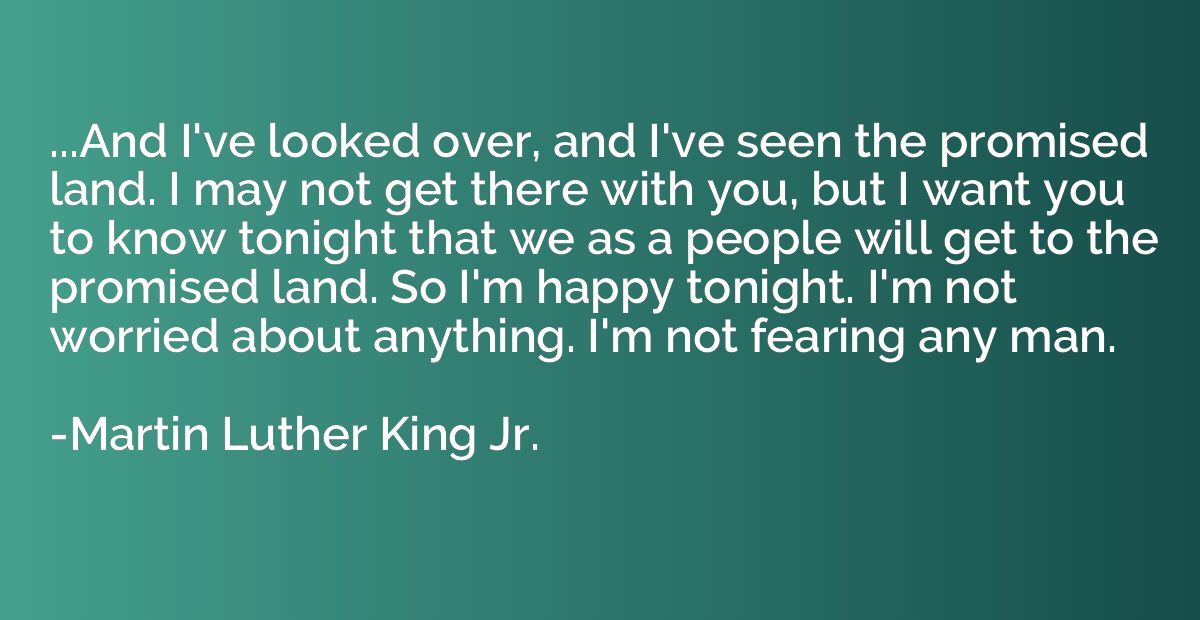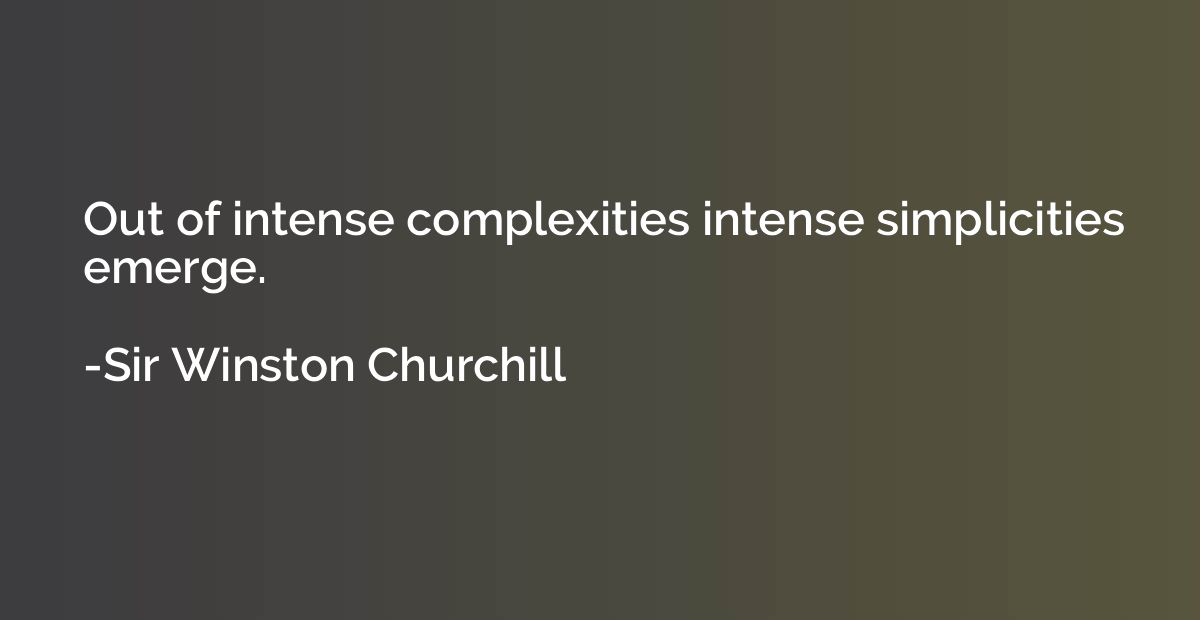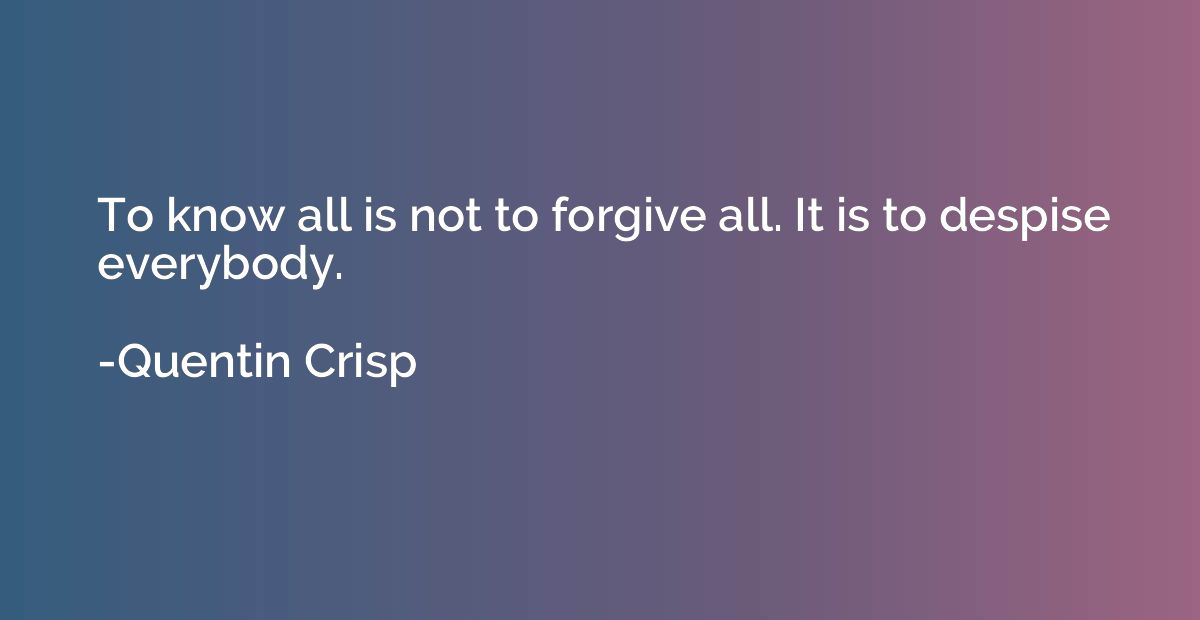Quote by Hesketh Pearson
Misquotation is, in fact, the pride and privilege of the learned. A widely-read man never quotes accurately, for the rather obvious reason that he has read too widely.
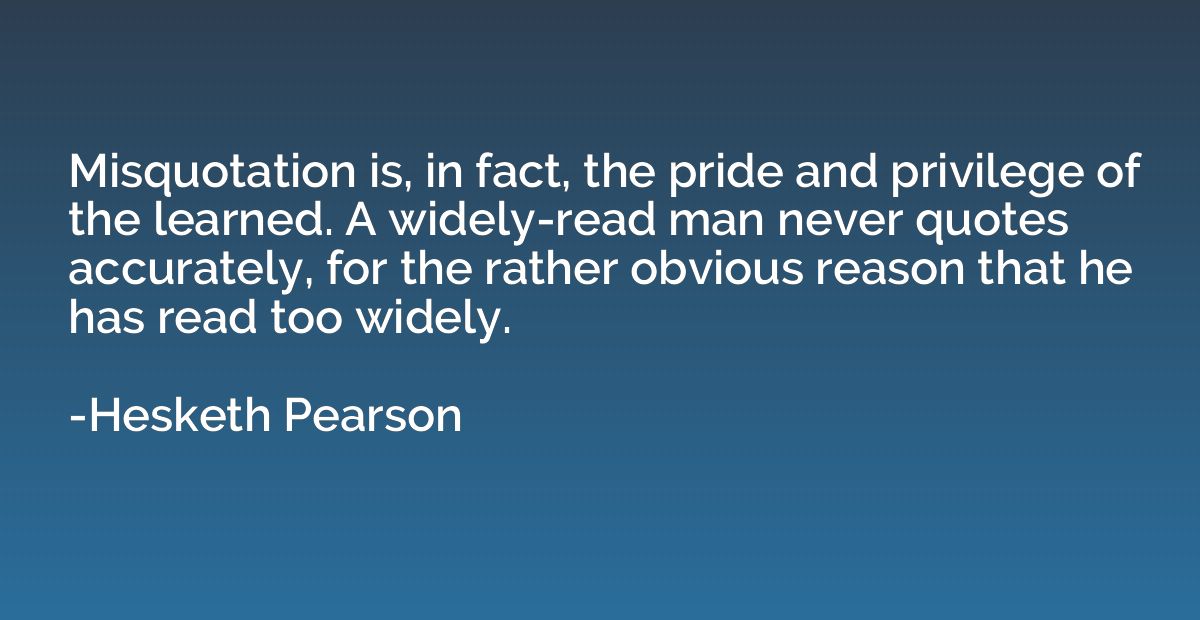
Summary
This quote implies that misquotation is not a sign of ignorance, but rather a mark of sophistication and extensive knowledge. It suggests that those who have read extensively are likely to misquote because they have encountered such a vast array of information. The quote seems to suggest that a "widely-read" person may intentionally or unknowingly misquote due to their broad exposure to different ideas and perspectives. Therefore, misquotation becomes a privilege of those who possess knowledge and reflects their intellectual capabilities.



